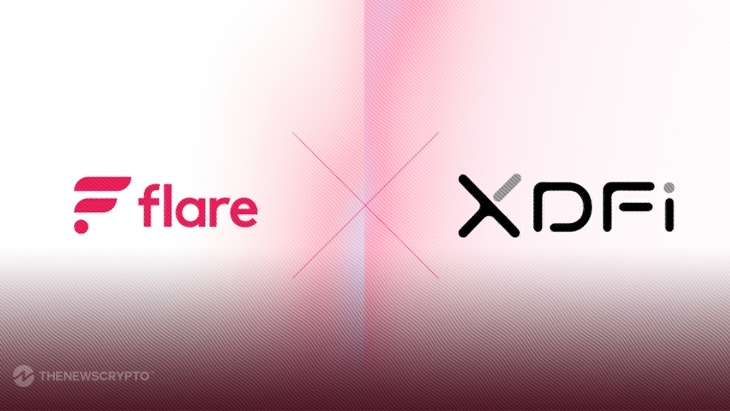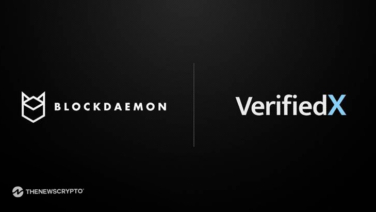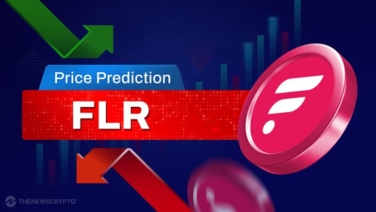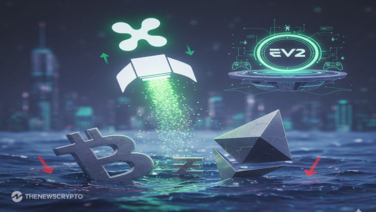Flare, the data blockchain, and Sindric Solutions have partnered to introduce XDFi, a revolutionary decentralized futures technology developed by Wall Street professionals. With its mission to provide a non-custodial, trustless futures contract purchase environment that is operational around the clock, XDFi seeks to elevate industry standards for efficiency and compliance.
Since regulatory uncertainty continues to be a barrier to institutional participation in DeFi on a broader scale, prominent investors are pleased to see XDFi. There is complete assurance that futures contract holdings are acquired in a completely compliant way because to the protocol’s third-party Know Your Customer tokenization (KYCT). This guarantees that only authorized counterparties will be involved in any P2P matches between long and short positions. DeFi’s unique KYCT method ensures complete compliance in the absence of a centralized custodian, broker, or intermediaries.
Santiago Velez, Vice President of Research and Development at XDFi creator Sindric Solutions stated:
“Flare technology has enabled the next phase in decentralized finance, paving the way for real world asset pricing through FTSO telemetry and futures contracts enabled by on-chain smart contracts. This is how a global financial system is built, one piece at a time.”
Flare Co-founder and CEO Hugo Philion added:
“Businesses like XDFi are exactly why we are building the blockchain for data. Flare’s enshrined oracles are secured at the network layer, which provides dapps with secure and censorship-resistant decentralized access to the broadest range of off-chain data. This creates the confidence to build high-value institutional use cases such as XDFi’s compliant decentralized futures protocol.”
For end-to-end, on-chain tokenization and compliance monitoring, the futures protocol integrates third-party compliance service providers with Flare using a specially designed API. For open contract orders, users always have complete control over deposits in a non-custodial framework. XDFi offers a cloud-based best-pricing matching algorithm in addition to a completely decentralized settlement mechanism. This combination is used to match buyers of futures contracts, leading to intermediary-free long and short positions. The way derivatives contracts are executed on the blockchain is being revolutionized by contract settlements based on Flare’s FTSO price oracle.
One of XDFi’s main features is its futures market, which is powered by the FTSO (Flare Time Series Oracle) and where contracts are bought and settled every 24 hours. This feature, which represents a major advancement in DeFi instruments, permits on-chain limit and market style orders for futures contracts between peers in combination with cloud-optimized routing algorithms.
The protocol will soon include additional FTSO-enabled digital assets (XRP, Doge, etc.) in addition to conventional commodities (WTI Crude, Gold, Natural Gas, Corn, Copper, Silver, and others). Initially, it will handle Bitcoin (BTC) and Ethereum (ETH) futures contracts.
With more than 25 years of expertise creating execution engines for significant Wall Street organizations, Sindric Solutions claims that the XDFi notion places a strong emphasis on community involvement and incentives. In light of this, two unique mechanisms will be presented: a fee-splitting mechanism that pays community members for their recommendations based on contract purchase activity and referral generations, and a purchase-weighted voice in determining the “tick ratio,” a notion used in conventional futures markets to determine contract settlement amounts in response to changes in the underlying price.
By implementing these programs, Sindric Solutions seeks to encourage user ownership and community involvement. With the growing popularity of the protocol and the increasing familiarity of seasoned users with the trade dynamics, the fee-sharing and governance activities will establish XDFi as a frontrunner in determining the direction of DeFi.
The protocol will make its premiere on Flare’s testnet, Coston2, ahead of a mainnet launch. Here, users will be able to participate, provide input, and get insightful knowledge in a dynamic setting.








